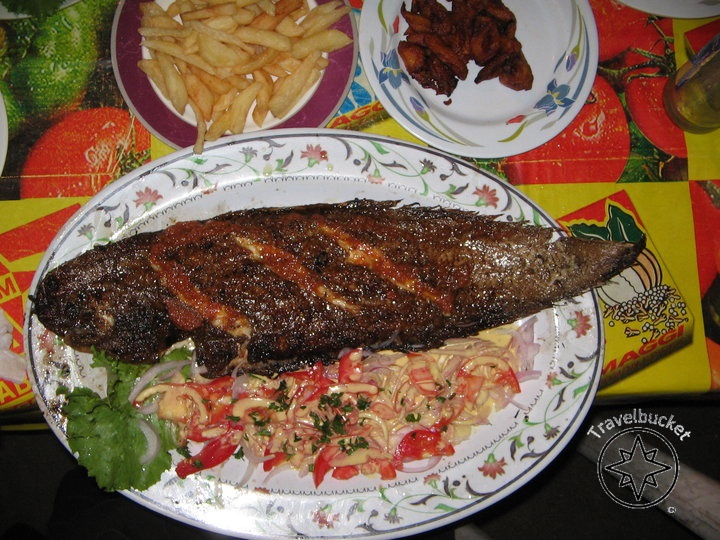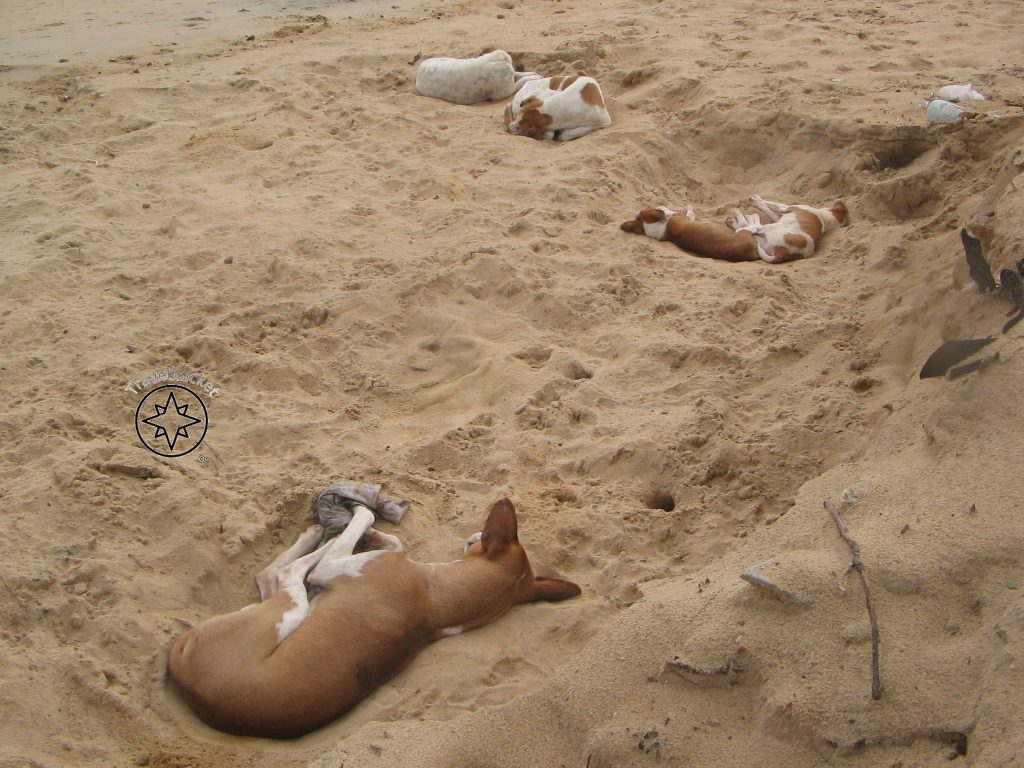Vaccinations is a personal choice however there are some that is compulsory like Yellow Fever and for which a card is issued to confirm that you have been vaccinated. If you cannot show your Yellow Fever card after you have visited a high-risk area you stand the chance that the health authorities will probably give you one on the spot! I have seen this happening at Lungi Airport in Sierra Leone, so I rather play safe and get the vaccination at home.

Getting vaccinations depends largely on where you plan to go and if you plan a prolonged stay and the destination that you are going to visit. Under destination this includes remote and poorer areas where health precautions is not as up to date compared to a formal five star hotel in a first world country.
Am I a high-risk traveler?
Destination – Developed countries = lower risk
Length of stay – Short term = lower risk
Location within country – Urban = lower risk
Type of accommodation – 1st class (hotel) = lower risk
Purpose of travel – Business = lower risk
- Take note that I say lowER risk so it does not exclude that you will not contract a disease!
What do you do next?
Visit your local travel clinic and get advice from people that know.
What are the diseases that I can contract?
Tetanus (locked jaw // klem-in-die-kaak)
It is a bacterial disease that affect the nevrous system. It is mainly contracted through a cut or a wound that becomes contaminated with the bacteria. The spores are present in soil, dust and manure. Tetanus is not transmitted from person to person. The symptoms are headaches, stiffness of the neck, stiffness of the jaw and occurs about 8 days after the infection.

Hepatitis A (jaundice // geelsug)
It is a viral infection of the liver and is common in developing countries where sanitation is poor. Travellers can be infected via food and water that has been contaminated with animal or human faeces. The common symptoms are yellowing of the skin, fatigue, nausea, stomach pains and fever. You can prevent contracting jaundice by only drinking purified water and consume well-cooked food.
Typhoid Fever (dysentery // maagkoors)
It is mainly spread via contaminated water and food or directly from one person to another. It can be life-threatening despite antibiotics. The disease is common in many developing countries of Africa and Asia, Central and South America. The common symptoms are a high fever (often over 40°C), headaches, loss of appetite, dizziness, nausea, chills, constipation or diarrhea. You can prevent contracting it by drinking purified water and eating well-cooked foods.

Yellow fever (geelkoors)
This is a deadly viral illness transmitted by mosquitoes with a mortality rate of up to 60% in adults. It is endemic in specific areas of the world and there is no recognized treatment yet. The most common symptoms are flu-like symptoms which can include nausea, vomiting, bleeding, abdominal pains and jaundice. Vaccinations are compulsory to limit the spread of the virus to non-infected countries. Therefore, all travelers to endemic Yellow Fever countries need a vaccination. The golden rule will be to avoid mosquito bites. A yellow fever injection gives you protection after 10 days and lasts for 10 years.
These ones mentioned in this post are the most important once, however there are other vaccinations like rabies also available. Remember that some of the vaccines takes 2 to 4 weeks to become effective.
The responsibility lies with you to get the jabs timeously before setting out on that holiday trip. Happy travels and make memories!
